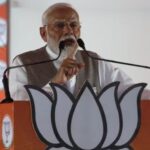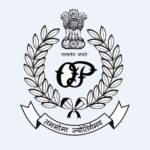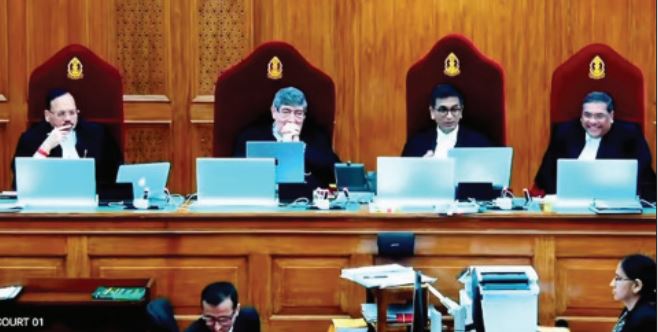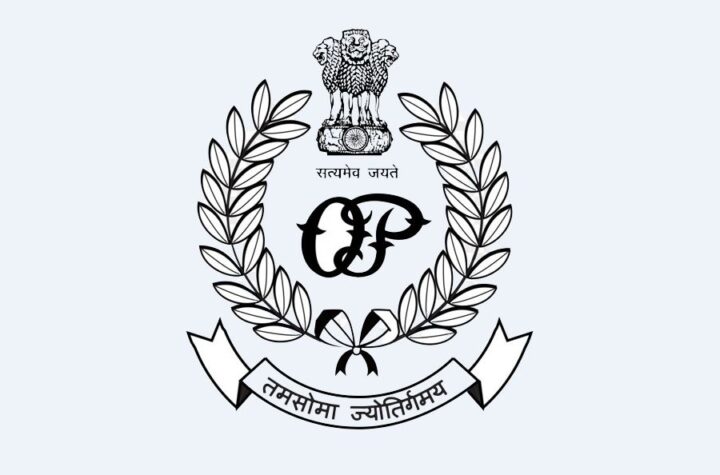New Delhi: Over four years after the Modi government revoked Article 370 from Jammu and Kashmir, the Supreme Court on Monday upheld the decision in a landmark judgement, saying the Union Territory does not have any “sovereignty” different from other states of the country. The 5-member Constitution Bench of the top court, headed by Chief Justice of India Justice D Y Chandrachud, said Article 370, which granted special status to Jammu and Kashmir, was a “temporary” feature and the President of India had the powers to abrogate it. The Apex court, in a much-awaited ruling on a bunch of petitions, declared that there was no “mala fide” in the President’s action to abrogate Article 370 on August 5, 2019 and thus the challenge to the Presidential proclamation was not valid. In a unanimous verdict, the Bench asserted that there was no need for any concurrence, thus rejecting the contention by some sections that the “consent” of the people of Jammu and Kashmir should have been taken before the central government removed the controversial article. The judgement, read out by the Chief Justice, also made it clearthat the recommendations of Jammu and Kashmir Constituent Assembly, which was in vogue till late 1950s, were not binding on the President. It also said that the Constitution of Jammu and Kashmir ceased to exist after the Presidential proclamation of August 2019. The Constitution of Jammu and Kashmir “is declared to have become redundant,” said the Bench, which also included Justice Sanjay Krishan Kaul, Justice Sanjeev Khanna, Justice B R Gavai and Justice Surya Kant. The top court also upheld the August 2019 decision of the central government to divide Jammu and Kashmir, carving out a separate Union Territory of Ladakh. It also directed restoration of the Statehood of Jammu and Kashmir at the earliest to reverse the decision of August 5, 2019 under which it was converted into a Union Territory. The Court also directed the Election Commission to hold the Assembly elections in Jammu and Kashmir by September 30, 2024. Chief Justice Chandrachud, while reading out the judgement, said J&K does not retain any element of sovereignty after the Instrument of Accession was signed by the Maharaja of the then princely state on October 26, 1947. When the Constituent Assembly was dissolved, only the transitory powers of the assembly ceased to exist and there was no restriction on the Presidential order, the judgement said. Justice Kaul recommended the constitution of a Truth and Reconciliation Commission, on the lines of the body that had been formed in South Africa, to investigate human rights violations by both state and non-state actors in J&K. “In view of the inroads made globally and indigenous requests for truth and reconciliation commissions, I recommend the setting up of an impartial truth and conciliation commission.
Exclusive
Breaking News
 India Hot Investment Destination For Western Corporate Giants: UN Report
India Hot Investment Destination For Western Corporate Giants: UN Report
 Four Generations Ruled Delhi But Today They Can’t: PM
Four Generations Ruled Delhi But Today They Can’t: PM
 Crime Branch Issues Advisory to Protect Citizens from Online Investment Fraud
Crime Branch Issues Advisory to Protect Citizens from Online Investment Fraud
 8,889 Crore Including Drugs Seized So Far During LS Polls
8,889 Crore Including Drugs Seized So Far During LS Polls
 Modi’s government brought of Article 370: PM
Modi’s government brought of Article 370: PM






More Stories
India Hot Investment Destination For Western Corporate Giants: UN Report
Four Generations Ruled Delhi But Today They Can’t: PM
Crime Branch Issues Advisory to Protect Citizens from Online Investment Fraud